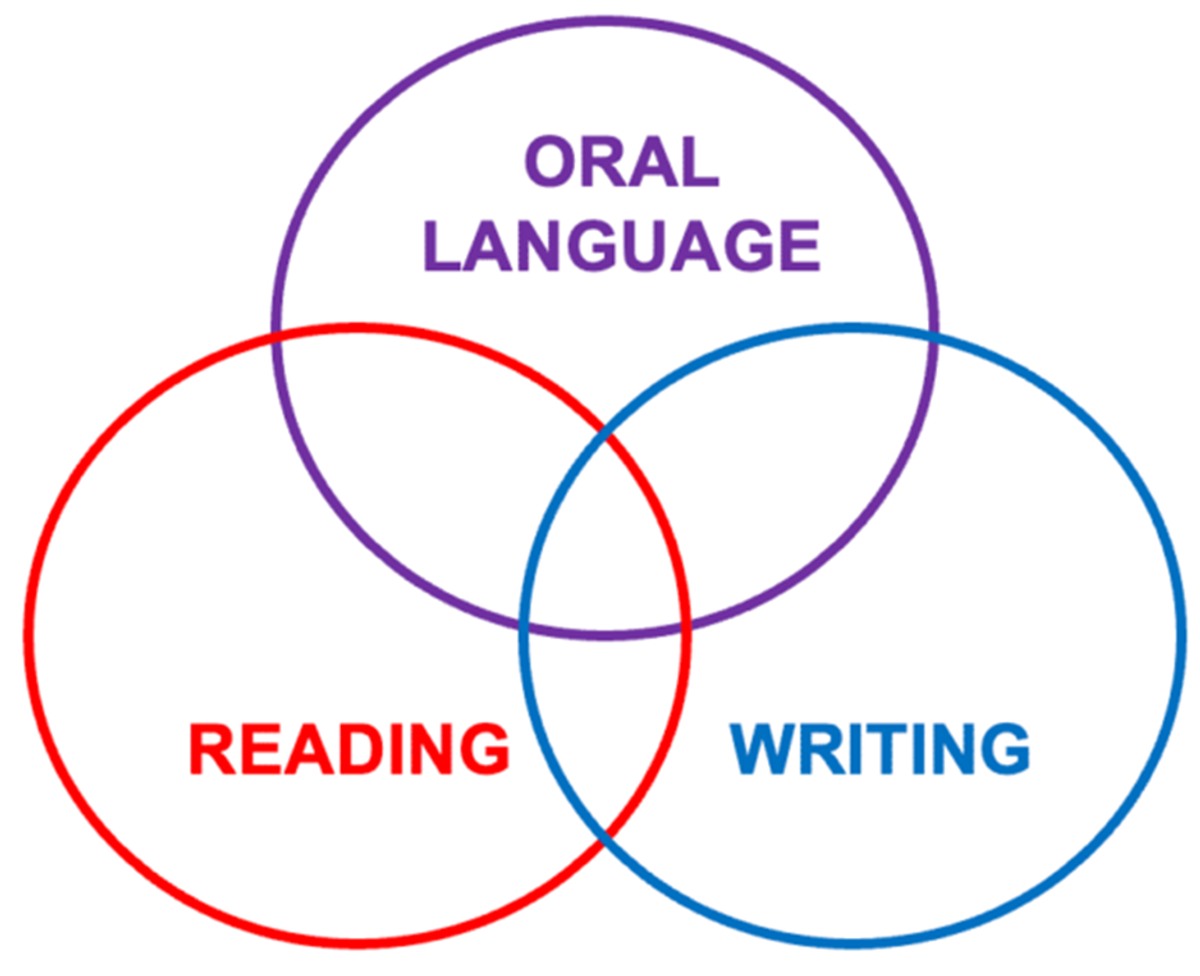Oral Language
The key to reading and writing growth

Oral Language
The key to reading and writing growth
Oral language is crucially important for primary students as it forms the foundation for all other aspects of learning, especially literacy. Here are some key reasons why oral language matters in early education:
1. Foundation for Literacy Development
2. Cognitive Development
3. Social and Emotional Skills
4. Academic Success Across Subjects
5. Listening and Comprehension Skills
6. Supports Diverse Learners


Practical Ways Parents Can Support Oral Language at Home
• Have daily conversations – Ask open-ended questions (“What was the best part of your day?”) and encourage children to explain their thinking.
• Read together – Talk about the story, ask what might happen next, and discuss new words.
• Tell and share stories – Encourage children to retell family stories or make up their own.
• Play word and memory games – Games like “I spy,” rhyming challenges, or describing objects build vocabulary and thinking skills.
• Sing songs and recite rhymes – Music and rhythm strengthen memory, pronunciation, and vocabulary.
• Encourage role play – Let children act out favourite books, pretend scenarios, or real-life situations to practise language in context.
• Model rich language – Use a wide range of vocabulary yourself and explain new words in simple terms.